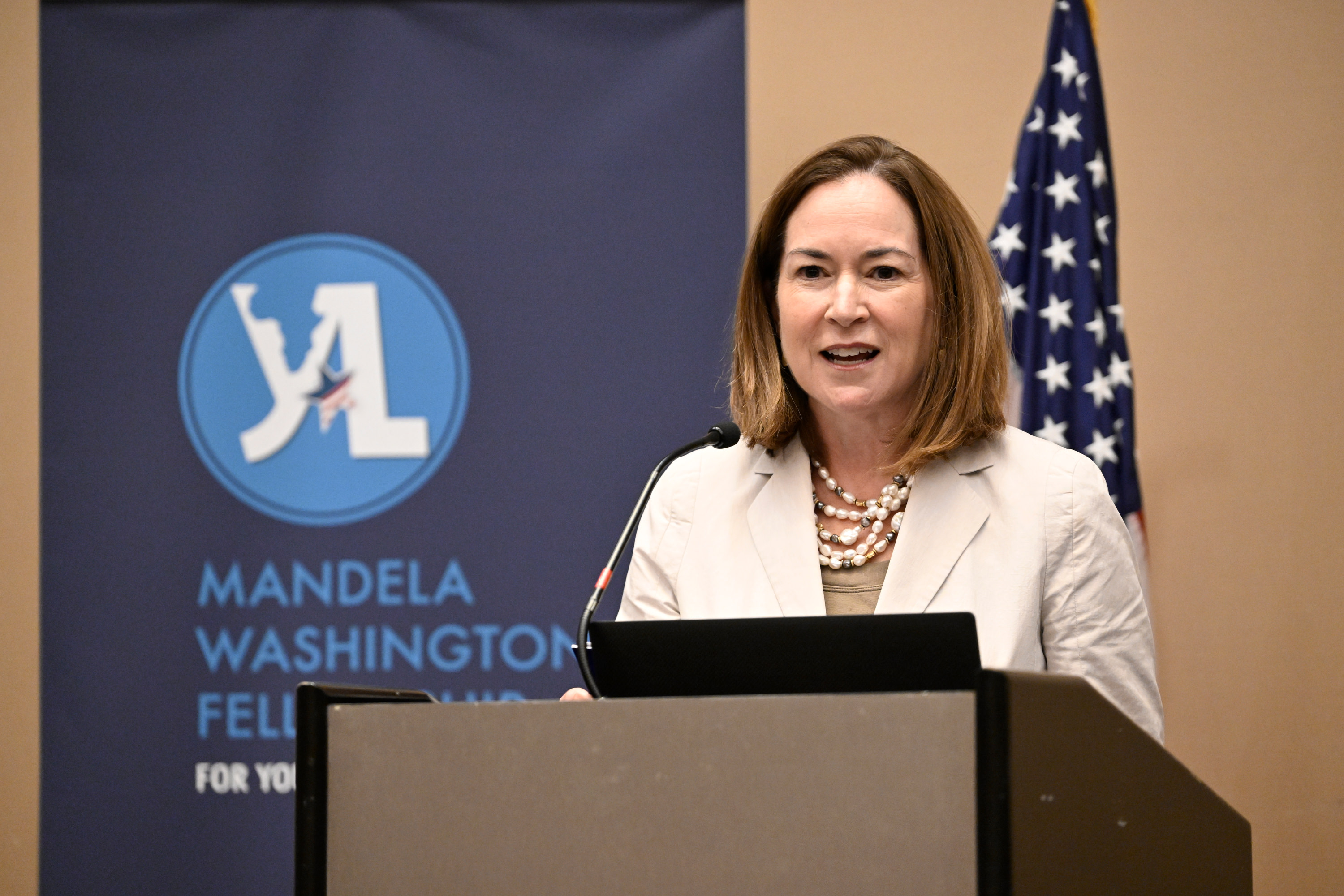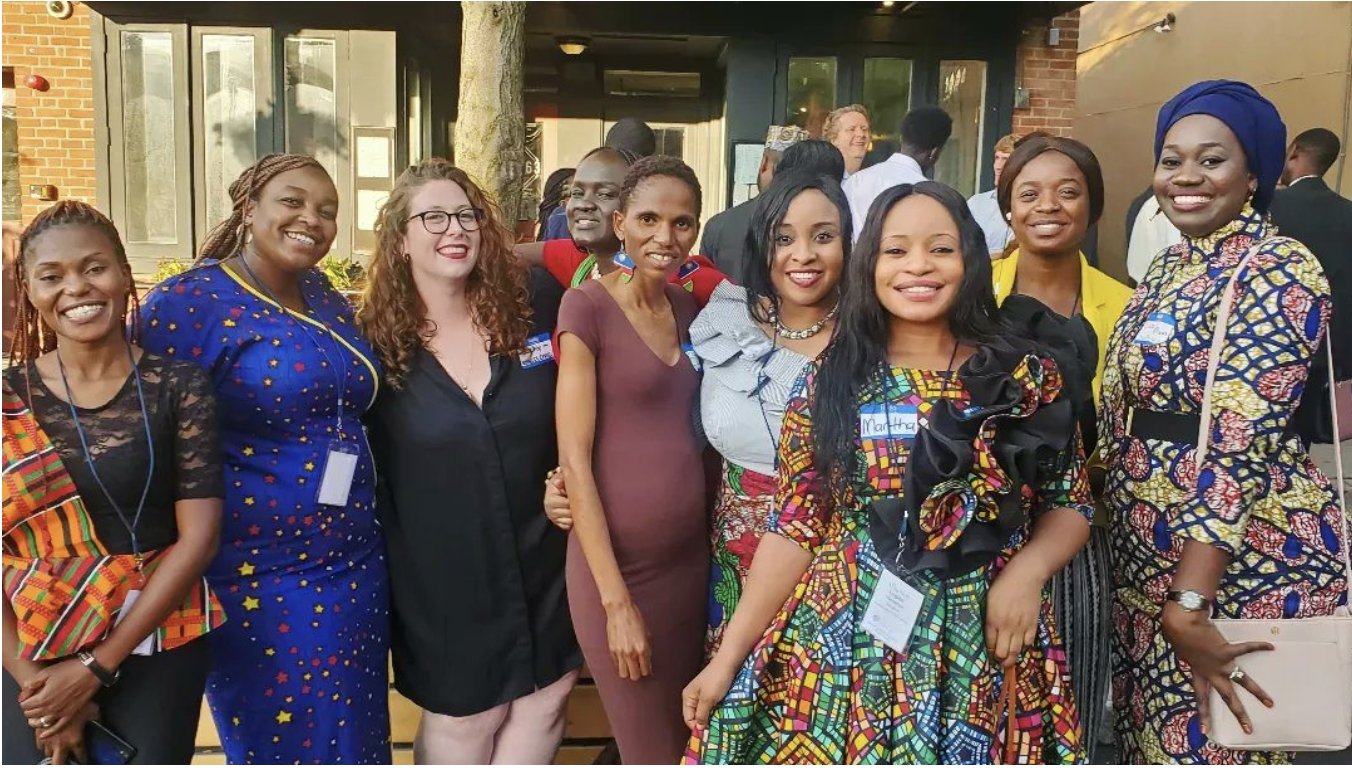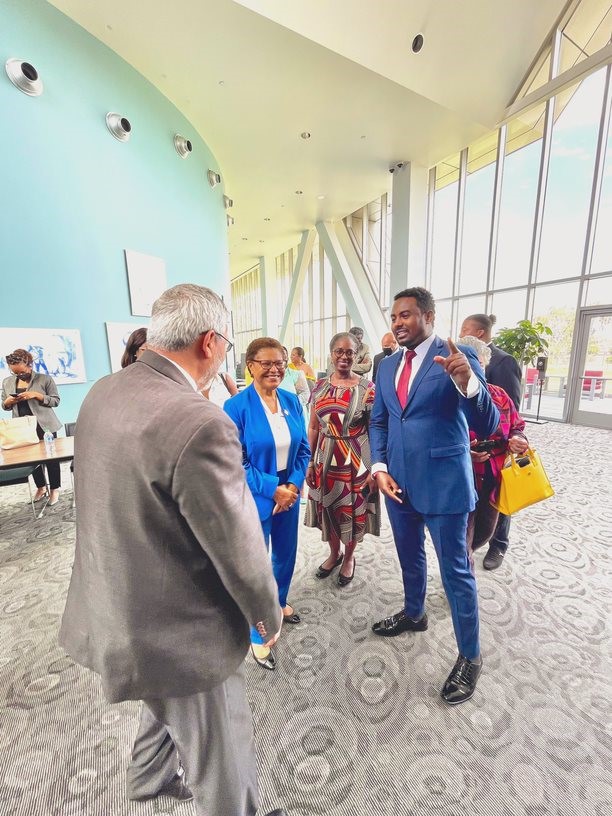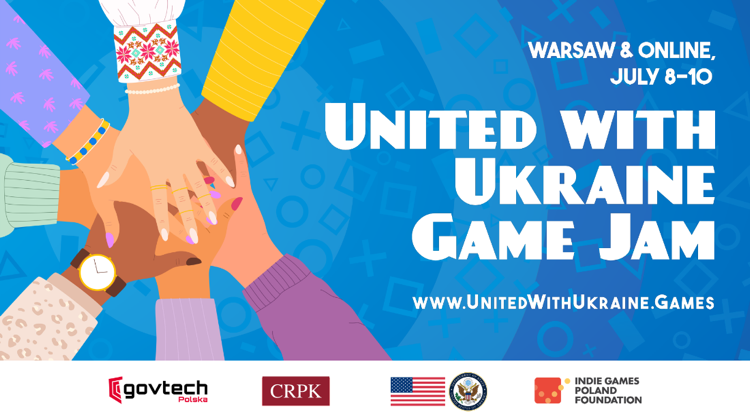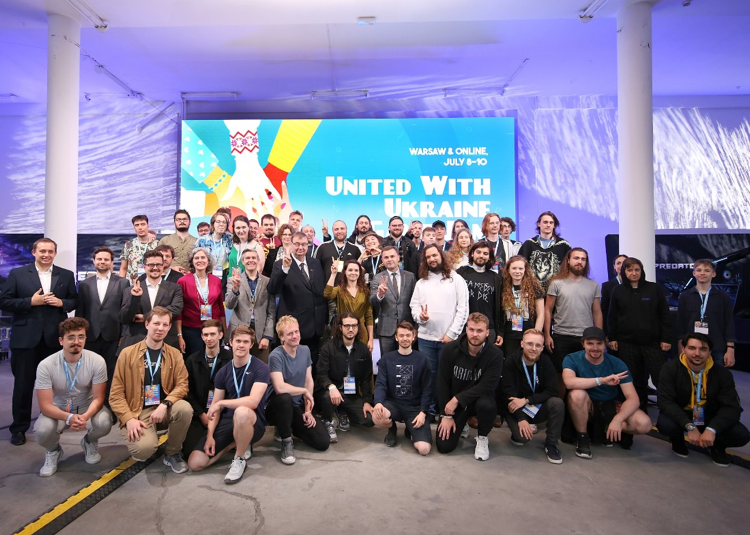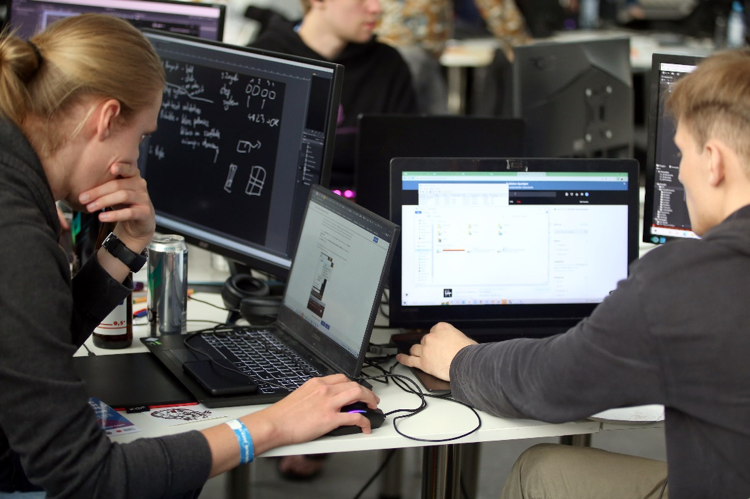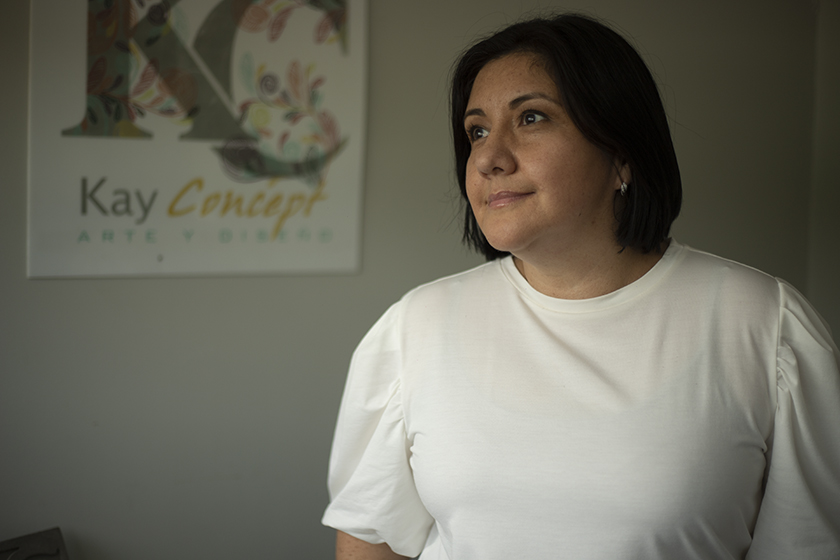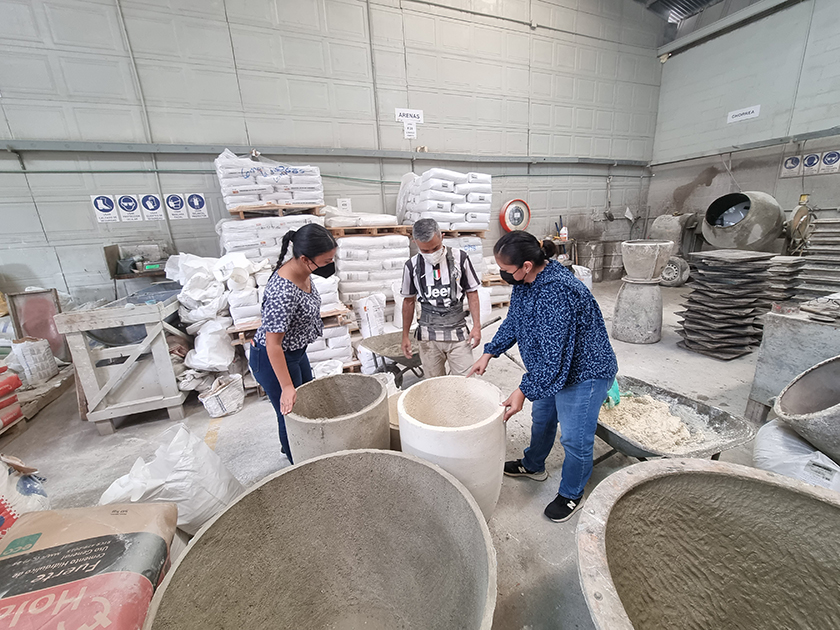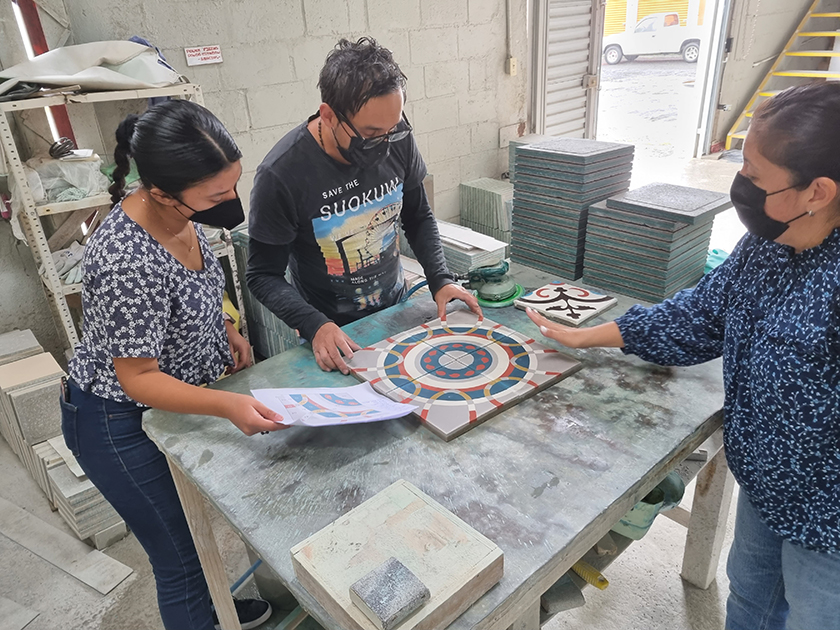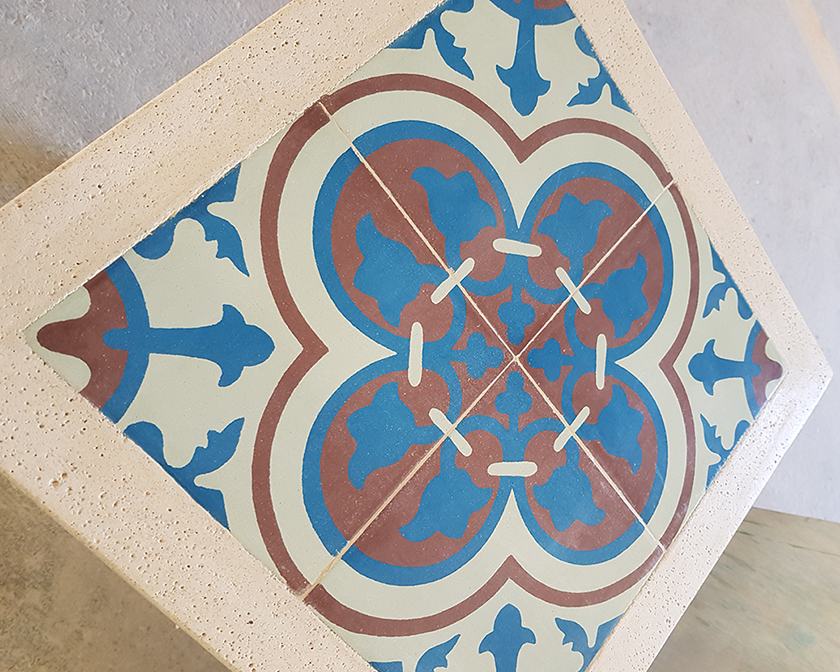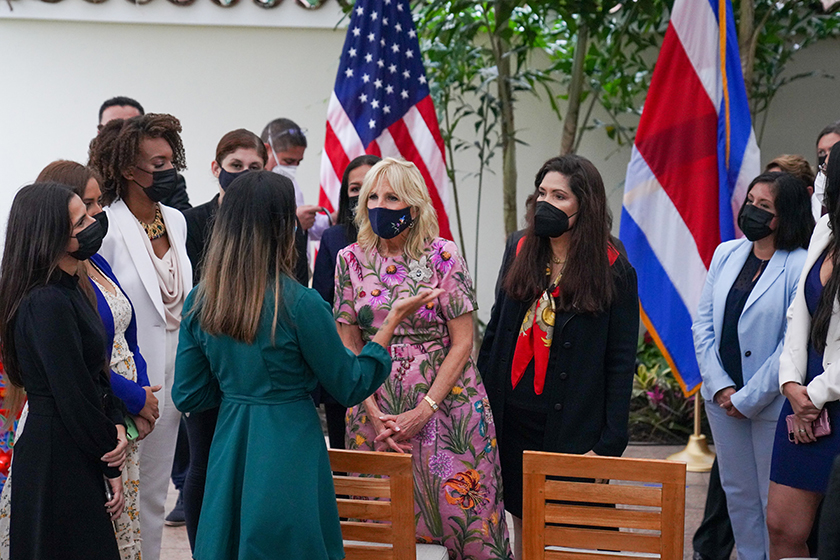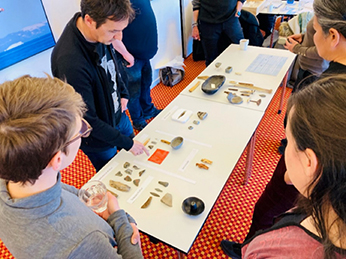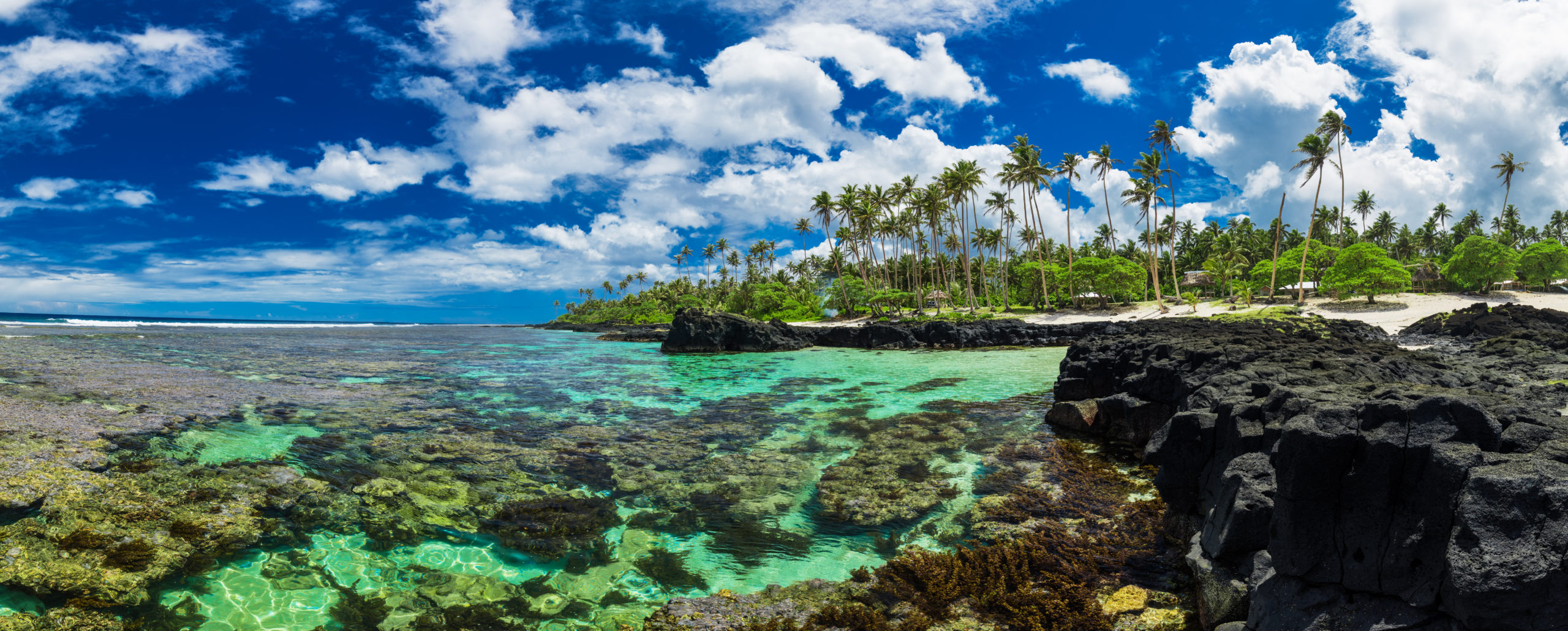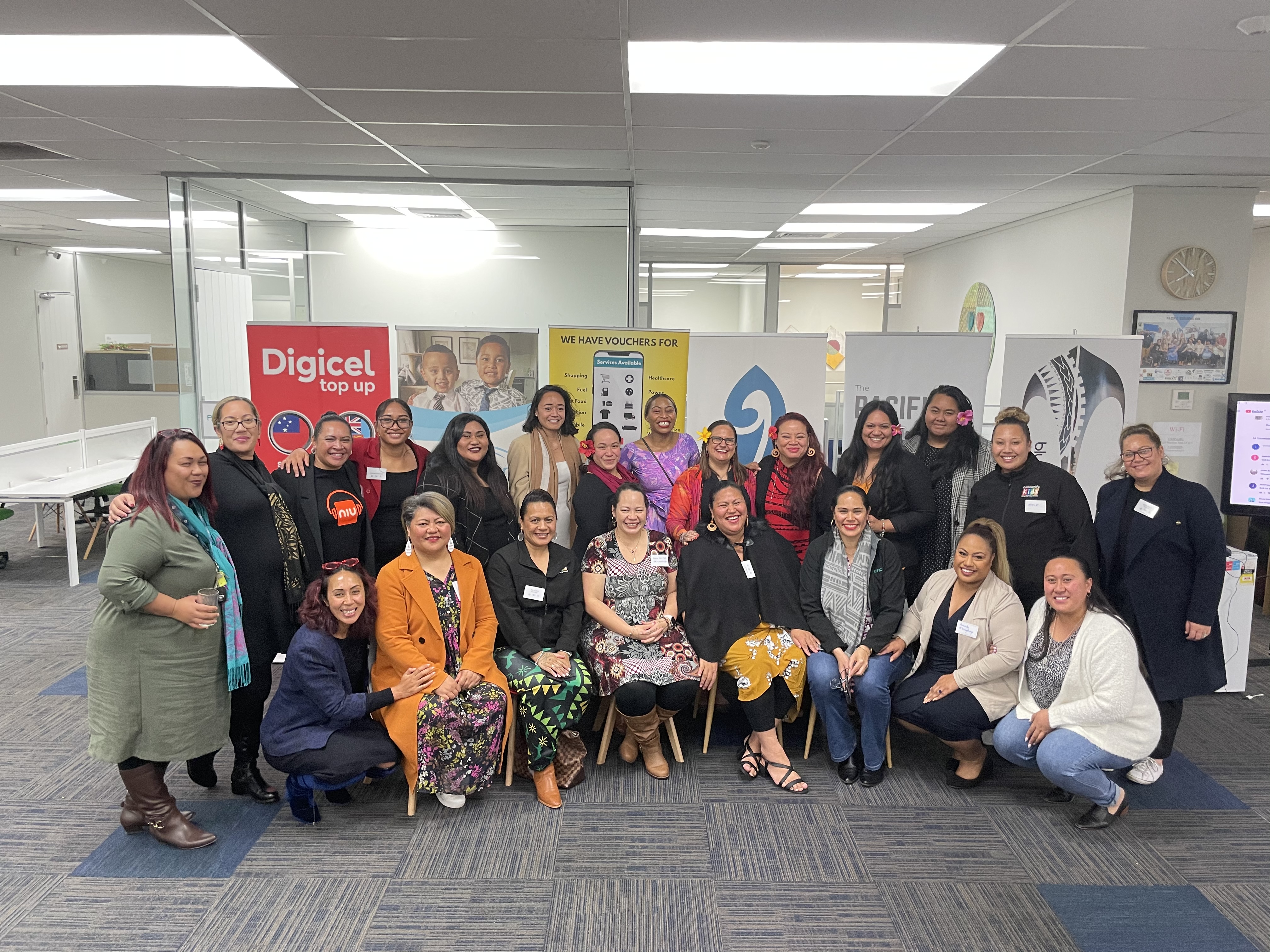On August 12 we celebrated International Youth Day and the transformative potential of all generations! And when half of the people on our planet are 30 years old or younger, why celebrate youth on just one day? The Bureau of Educational and Cultural Affairs’ (ECA) Youth Programs Division celebrates international youth everyday with programs all year round, both in the United States and around the world. These impactful programs empower the next generation and build long-lasting ties between the United States and other countries.
The Youth Programs Division plans and sponsors high school and other exchanges that promote mutual understanding, cross-cultural learning, leadership development, and civic education. Youth exchange programs provide opportunities for U.S. and international youth and share America’s values, spirit of innovation, and culture with international audiences.
This year’s theme of intergenerational solidarity is a hallmark of ECA’s youth programs, which facilitate interactions among cultures and generations. For example, National Security Language Initiative for Youth (NSLI-Y) participants practice speaking foreign languages with their host parents and grandparents in the home. TechGirls participants are often partnered with older mentors during their program. And FLEX, YES, and CBYX program participants volunteer in their local communities with new friends and colleagues of all ages, including at retirement homes.
photo_2.jpg
 National Security Language Intitaitve for Youth (NSLI-Y) students participate in an activity during their exchange.
National Security Language Intitaitve for Youth (NSLI-Y) students participate in an activity during their exchange.
August is Youth Empowerment month here at ECA, where we’re highlighting our programs and holding events, including an @ExchangeOurWorld Instagram Live marking the 50th Anniversary of the German American Partnership Program on Wednesday, August 17 at 12:00 PM ET.
ECA’s youth programs include:
- The Benjamin Franklin Transatlantic Fellowship which fosters relationships among the younger generation of Europeans and Americans to build strong linkages and an awareness of shared values.
- The Congress – Bundestag Youth Exchange (CBYX) program which offers American and German high school students and young professionals a scholarship for an academic year in Germany and the United States. Participants live with host families, attend high school or college, engage in activities to learn about the host country society and values, and share about their home countries and cultures.
- The Future Leaders Exchange (FLEX) program to provide scholarships for high school students from 22 countries in Central and Eastern Europe and Eurasia to spend an academic year in the United States, living with a host family and attending an American high school.
- The Future Leaders Exchange Abroad (FLEX Abroad) program which provides merit-based scholarships for eligible U.S. high school students to attend a local school in Georgia, Kazakhstan, or Poland for an academic year. FLEX Abroad participants serve as young ambassadors, promoting mutual understanding and forming lasting relationships with their host families and local communities.
- The German American Partnership Program (GAPP) to support teachers and schools in arranging successful bilateral school exchanges for their students and communities.
- Jóvenes en Acción (Youth in Action) which is a ten-month civic education and leadership program that begins with a four-week exchange experience in the United States. Participants are selected as project teams of four to five students from diverse communities throughout Mexico.
- The Kennedy-Lugar Youth Exchange and Study (YES) program which offers high school students from countries with significant Muslim populations the opportunity to study and live in the United States for an academic year to advance the U.S. foreign policy goals of promoting civil society, developing young leaders, and forming lasting ties between Americans and the people of participating countries. Applicants compete for YES scholarships through a rigorous, merit-based selection process. While on the program, participants live with American volunteer host families, attend high school, and engage in community service and civic education activities.
- The Kennedy-Lugar Youth Exchange & Study (YES) Abroad program which offers U.S. high school students the opportunity to study and live in select YES countries for an academic year to advance the U.S. foreign policy goals of promoting civil society, developing youth leadership development, and forming lasting ties between Americans and the people of participating countries. Applicants compete for YES Abroad scholarships through a rigorous, merit-based selection process. While on program, participants live with local host families, attend high school, and engage in community service and civic education activities.
- The National Security Language Initiative for Youth (NSLI-Y) which provides critical-language study overseas for U.S. high school students through full, merit-based scholarships to participate in intensive summer and academic year programs.
- TechGirls which is an international exchange program designed to empower young girls to pursue careers in the science, technology, engineering, and math (STEM) sectors.
- The Youth Ambassadors program to bring together high school students and adult mentors from 25 countries across the Americas to promote mutual understanding, increase leadership skills, and prepare youth to make a difference in their communities.
- Youth Leadership programs to foster mutual understanding, respect, and civic engagement among young Americans and their international peers. Exchanges are three to four weeks in duration and involve youth ages 15-18, and adults who work with youth.


